ANIMA & ANIMUS
Complex, Shadow, Archetype
A Multifaceted Exploration of Anima & Animus in the Collective & Personal Psyche.
An online, ten-week course exploring the role of the Anima and Animus in relatedness to self, the other and the world, from the perspectives of archetype, complex and shadow.
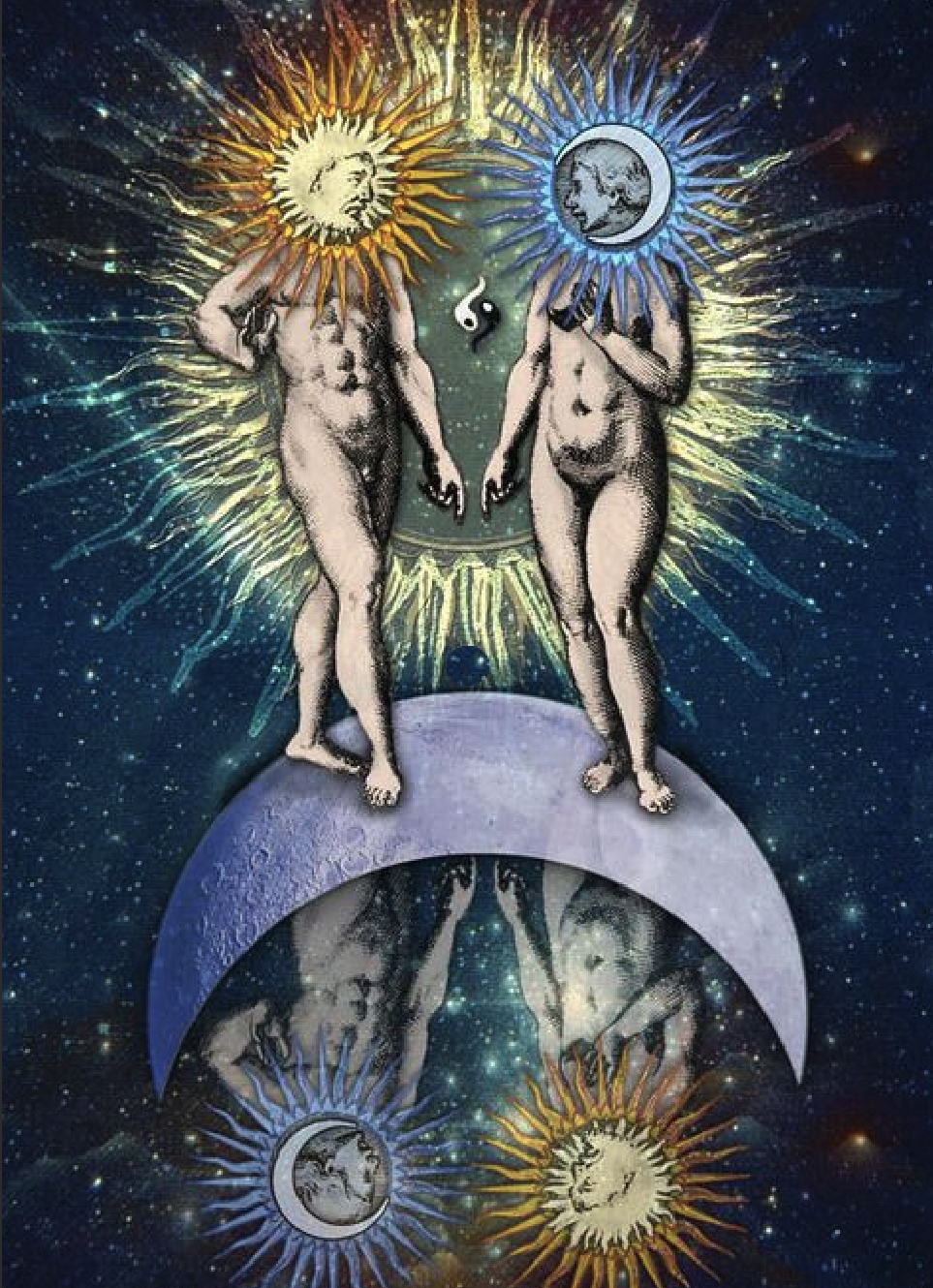
COURSE DETAILS
Course Duration: 10 weeks
Course Start Date: 27 June 2022
Registration now closed.
______________________________
COURSE CONTENT
This ten week course explore Anima & Animus with specific focus on:
1. Complex
2. Dysfunction
3. Archetype
4. Inferior function
5. Alchemy
The “soul” which accrues to ego-consciousness during the opus has a feminine character in the man and a masculine character in a woman. His anima wants to reconcile and unite; her Animus tries to discern and discriminate.
(C. G. Jung, CW, Vol 16, par 522)
WHAT IS THIS COURSE ABOUT?
Carl Gustav Jung coined the terms “Anima and Animus” in 1921. To date much has been written and discussed about these to concepts. Those interested in Jungian psychology know that integrating the Anima and Animus (the syzygy) is an essential aspect of the Jungian individuation journey. But what does this actually mean? Anima and Animus as purely theoretical concepts are difficult to grasp and understand. Our approach at the Centre for Applied Jungian Studies is the actual integration and application of the Jungian theory for the ongoing individuation journey. A phenomenological and experiential approach is ultimately the only way to not only grasp but integrate Jungian theory. Without that it will remain forever at arms length, abstract and out of reach.
This course is a culmination of years of research, study and critically (!) the application of these concepts. The focus of this course is the practical application of Anima and Animus theory in your own psychological being and interpersonal relationships. This course will take you through the journey of integrating the Anima and Animus, not only as part of the shadow work process, but also sharing the concepts of the archetypal aspects of Anima and Animus so that you have an understanding of the ultimate goal of integration. You will work with your own imago’s, your shadow Anima and Animus, explore the dysfunctional aspect or dimension of your Anima and Animus and how it lives in your inferior function. Finally we will look at the Alchemical approach to Anima and Animus and create an image for this final work.
FIVE KEY AREAS
COMPLEX & IMAGO:
Explore your personal expression of Anima and Animus.
–
DYSFUNCTIONAL ANIMA AND ANIMUS:
Practical guide to identify dysfunction of Anima & Animus.
–
ANIMA & ANIMUS AS ARCHETYPE:
The role of the archetype of Anima and Animus in the psyche
–
ANIMA & ANIMUS AS INFERIOR FUNCTION:
Investigate the expression of Anima & Animus in your typology.
–
ANIMA & ANIMUS IN ALCHEMY:
The integration of the Anima and Animus for individuation.
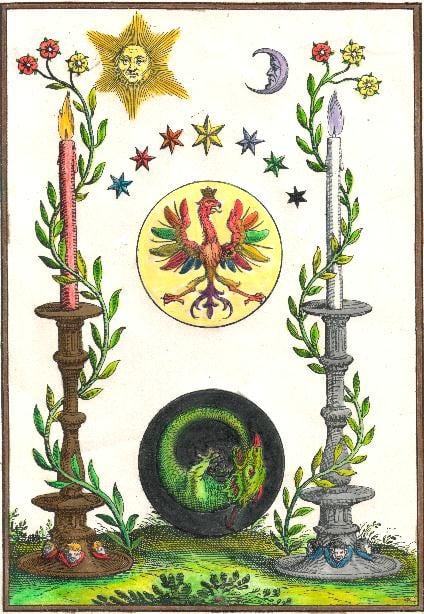
HOW DOES THE COURSE WORK?
The course is a facilitated, self-study, online programme that is supported by mentors and a community on a private Facebook group. The group is managed by two facilitators who are available to answer questions and provide guidance.
Anima & Animus consists of five modules delivered over ten weeks. Each module will be explored over two weeks. The learning material is made available on our secure website every Monday and also posted on the private Facebook Forum.
All process work is shared on the private Facebook forum. This platform also provides support and the facilitators are on hand for any queries. Topics are discussed on the Facebook page as well as guidance on the applications and exercises.
The focus of the Centre for Applied Jungian Studies is on the application of these psychodynamic concepts. It is through reflection and personal application that these ideas are made conscious and transmutation is achieved.
THIS WORK CALLS TO ALL THOSE WHO WANT TO:
* Understand how Anima & Animus act in the psyche.
* Get an overview of the complete Anima & Animus theory.
* Actively work with their Anima & Animus.
* Learn the practical techniques of integrating the Anima & Animus.
WHAT WILL I GET?
* Five modules: each module (one every second week) is a comprehensive, practical and applied introduction to and overview of each of the concepts covered, sent as a podcast and transcript.
* Five additional video lectures by renowned Jungian analysts each dealing with an alternate aspect of the anima and animus.
* A list of additional reading material and YouTube videos for each module.
* Applications for each module to integrate the concepts and apply them to your own life and psyche.
* Facilitators who will answer your questions and guide you as you work through the materiel and applications.
* Access to an international student body and facilitation team hosted on a private Facebook group page for the duration of the programme.
WHAT WILL I GAIN?
The goal of this course is to learn how to practically work with your Anima & Animus. The course is an active journey of self-reflection. We will delve into the various elements that feature in Anima & Animus work. Each module will explore the concepts from a different perspective, allowing you to go deeper and gain more understanding of the movements and effects of the Anima & Animus. The focus is the application of these concepts and you will receive two weeks per module to explore these ideas.
The course will teach you the methods to gain understanding and insight into both the personal expression of Anima & Animus and the archetypal processes of the psyche.
Anima & Animus are the lenses with which we interpret our internal world and external world. Understanding how the psyche works, will both liberate you from the illusions created by these archetypes. The process of integrating Anima & Animus is a lifelong project and this course will prepare you for this journey.
COURSE CONTENT
MODULE 1: PERSONAL ANIMA & ANIMUS
In this module, we will look at Jung’s identification of Anima and Animus. How he first experienced it in his practice, and the manifestation of the two concepts in his patients. This module looks at Jung’s classic interpretation of the theory. The practical application focuses on the inner masculine and inner feminine imagos. This approach reflects on Anima and Animus as complexes.
–
MODULE 2: DYSFUNCTIONAL ANIMA & ANIMUS
In this module, we explore the dysfunctional Anima and Animus, identified by Marie-Louise von Franz in fairy tales. We will look at two fairy tales that speak to this dysfunction, and how to integrate a constructive Anima and Animus. The practical application provides an opportunity to identify and work with our own dysfunctional Anima and Animus.
–
MODULE 3: ARCHETYPAL ANIMA & ANIMUS
This module explores the Anima and Animus as collective archetypes. We also look at the Post-Jungian approach to Anima and Animus. As modern western society is not as clear-cut in terms of gender identification, we consider what Anima and Animus theory looks like now, in terms of gender, sexuality and psychic realities. The practical application focuses on the qualities of the Anima and Animus in the magical other. This approach reflects on Anima and Animus as archetypes of soul and spirit.
–
MODULE 4: ANIMA & ANIMUS IN TYPOLOGY
In this module we explore our typology, and what that means in terms of the Anima and Animus. We look at John Beebe’s model, and the role of Anima and Animus in Individuation, as well as the conscious vs unconscious attitude. In the practical applications for the week, we identify and reflect on our inferior function, and work with making decisions using all four functions (sensing, intuition, feeling and thinking).
–
MODULE 5: ANIMA & ANIMUS IN ALCHEMY
This module explores what Jung meant by the term Syzygy, or the marriage of masculine and feminine, and how this guides us towards individuation. We look at Jung’s understanding of Alchemy and his Magnum Opus, Mysterium Coniunctionis. The practical application will explore your relationship with individuation.
VIDEO LECTURES
The programme includes the following five additional video lectures on the different aspects of the anima and animus by internationally acclaimed Jungian analysts and leading authorities of the topics being discussed.
The Revealing Image, by Professor Joy Schaverien
Why Is It So Difficult to Mirror Others?, by Professor Polly Young-Eisendrath
We Are All Stuck in A “Snow Globe”, by Professor Polly Young-Eisendrath
The Anima & Animus and the Inferior Function, by Dr John Beebe, MD
The Mysterium Coniunctionis, by Dr Murray stein, PhD
Prof. Joy Schaverien
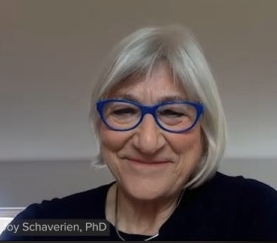
Professor Joy Schaverien, PhD, is a Training Analyst of the Society of Analytical Psychology (London) with a private analytic and supervisory practice in the East Midlands. She is Visiting Professor for the Northern Programme for Art Psychotherapy and a member of the editorial board of the Journal of Analytical Psychology. She has published extensively on topics related to art and analytical psychology and her recent books include: ‘The Dying Patient in Psychotherapy‘ (a single case study of an erotic transference/countertransference, which is soon to be republished by Routledge) and ‘Boarding School Syndrome: The Psychological Trauma of the ‘Privileged’ Child‘ (June 2015), which was a Routledge and Amazon bestseller.
Dr John Beebe

John Beebe, M.D., is a Jungian analyst, editor of the San Francisco Jung Library Journal, co-editor of the Journal of Analytical Psychology, and an expert on Jung’s psychological types.
While many people have become familiar with psychological types as a way of examining the differences between people, Dr. Beebe has been pioneering their use intrapsychically as a way to explore the depths of the psyche.Trained at the Jung Institute in San Francisco with its strong tradition of interest in typology, in this wonderfully informal interview he gives us an intimate glimpse of what this neglected dimension of typology looks like in practice. He explains how his analysands often come to their own insights into their psychological types, and how he, himself, discovered the importance of dreams through his own depression, and encountered his own anima in the form of a Chinese laundress. And he deals with related questions about types and archetypes, and types and the inferior function.
Prof. Polly Young-Eisendrath
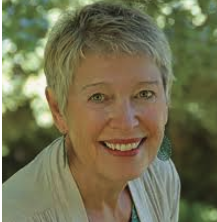
Polly Young-Eisendrath, PhD, is a Jungian Analyst, Psychologist, teacher and author. She is Clinical Associate Professor of Psychiatry at the University of Vermont and in private practice in central Vermont. Polly is the originator of Dialogue Therapy, which is designed to transform chronic conflict in relationships into greater closeness and spiritual development. Polly’s clinical practice and teaching have focused both on individual psychotherapy and analysis, as well as Dialogue Therapy. She is a past president of the Vermont Association for Psychoanalytic Studies and a founding member of the Vermont Institute for the Psychotherapies. She is also a Mindfulness teacher and has been a practitioner of Buddhism since 1971.
Dr Murray Stein
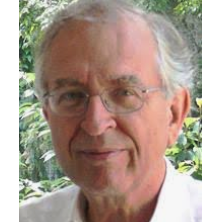
Murray Stein, PhD. is a training analyst at the International School for Analytical Psychology in Zurich, Switzerland. His most recent publications include The Principle of Individuation, Jung’s Map of the Soul, and The Edinburgh International Encyclopaedia of Psychoanalysis (Editor of the Jungian sections, with Ross Skelton as General Editor). He lectures internationally on topics related to Analytical Psychology and its applications in the contemporary world. Dr. Stein is a graduate of Yale University (B.A. and M.Div.), the University of Chicago (Ph.D., in Religion and Psychological Studies), and the C.G. Jung Institute-Zurich. He is a founding member of the Inter-Regional Society of Jungian Analysts and Chicago Society of Jungian Analysts. He has been the president of the International Association for Analytical Psychology (2001-4), and is presently a member of the Swiss Society for Analytical Psychology and President of the International School of Analytical Psychology, Zurich.
REGISTRATION
COURSE STARTS MONDAY 27 June 2022
Registration now closed.
Email anja@appliedjung.com if you have any queries.
Anima and Animus 2022
Please enter your details below if you want to be notified when this course opens for intake.
TESTIMONIALS
I’ve learnt about my female strength, and I am prepared to acknowledge it which I’m really proud of. I can see it. Equally I feel as though my eyes have widened to see my individual balance of expression as not simply scripted as female with an animus. I feel quite released by that. Also the concept of my inferior extraverted feeling function and how this knits into my increasing understanding of myself. I have seen myself a little more alive recently possibly, and a little warmer to those around me perhaps.
I’m still a relative newbie when it comes to Jung and individuation – but I truly feel like I’ve had another boost forwards, and have more understanding of the theory and of me.
Thank you for being witness to my thoughts and allowing me to read yours – and for time taken to comment sensitively and particularly to Stephen and Anja for prompting me to go further. I’m already excited about joining another course!
Now that the course is winding down I wish to thank Stephen and Anneke and everyone for this collaborative, introspective course. I learned new concepts which is always a thrill intellectually and provides valuable tools in assessing myself and others and the human condition, but there is a lot to unpack here so I plan to continue my self-education. This course was not easy for me emotionally and interestingly, several roadblocks came up in my life during this course. I wish everyone the best on your journey to individuation. In solidarity,

